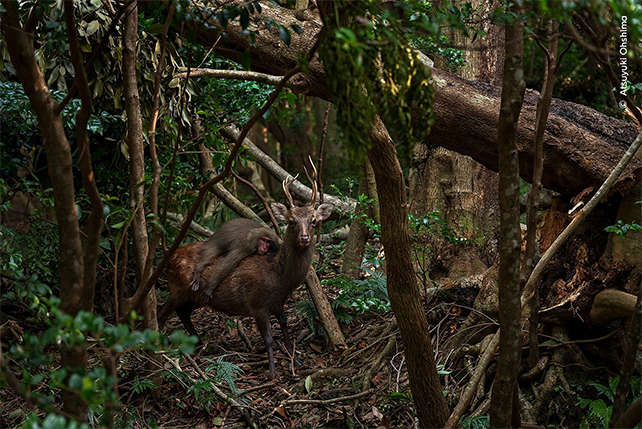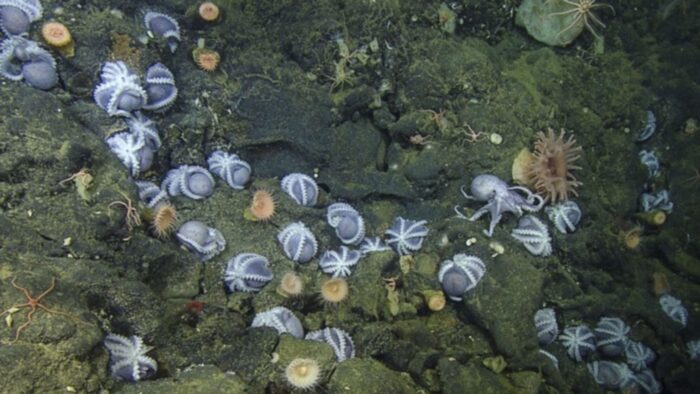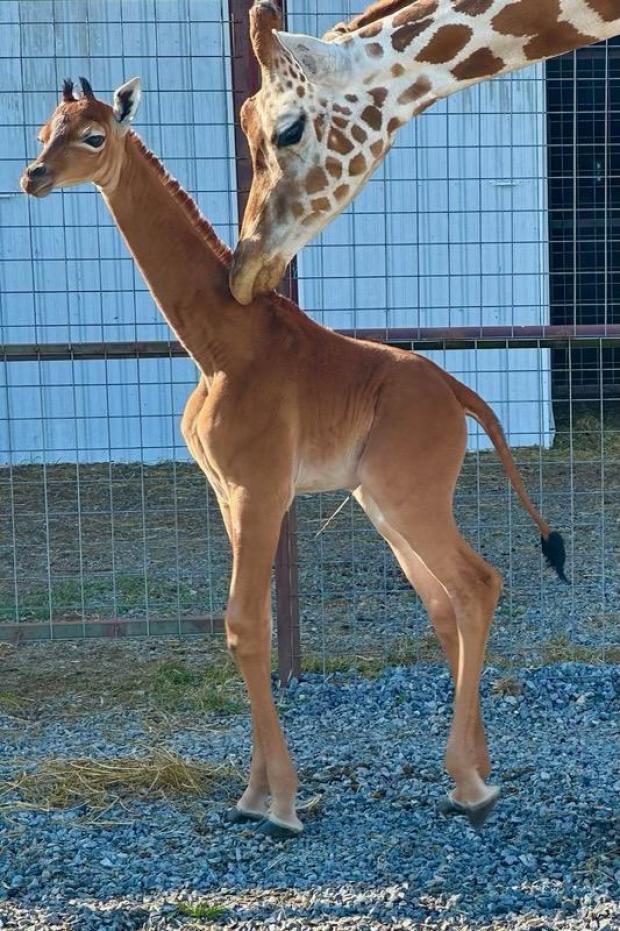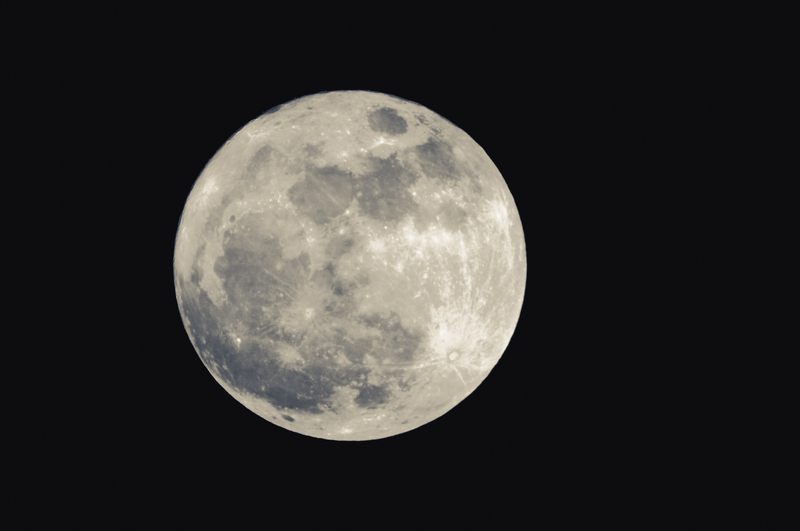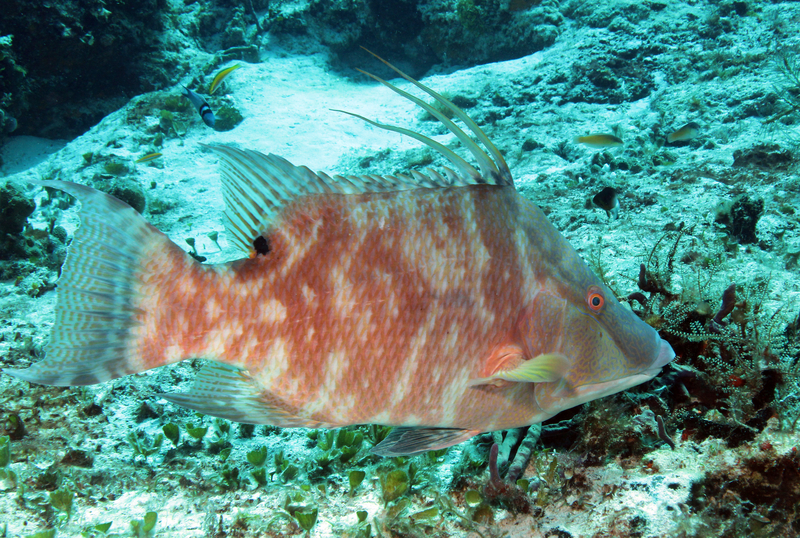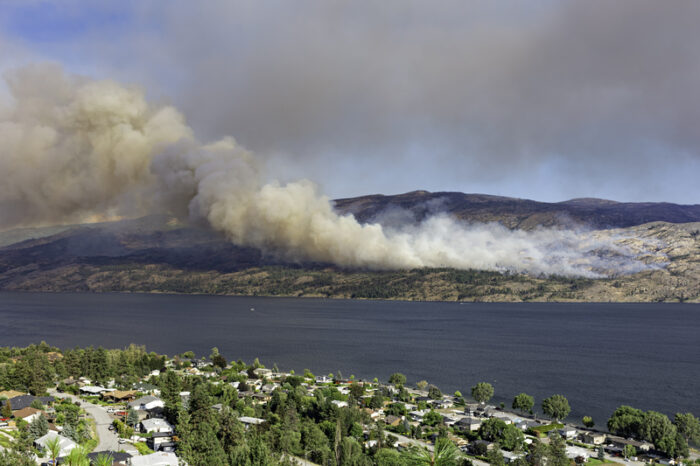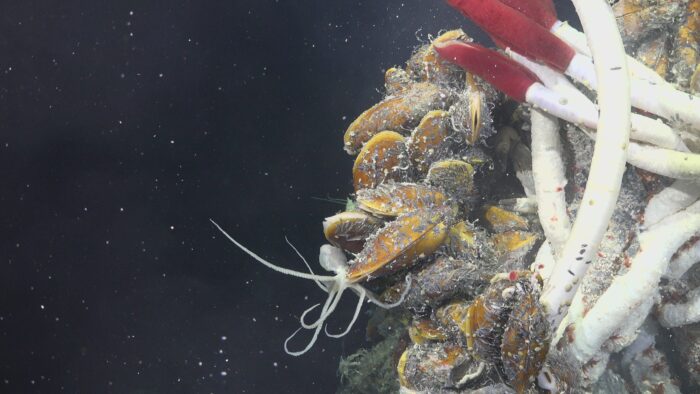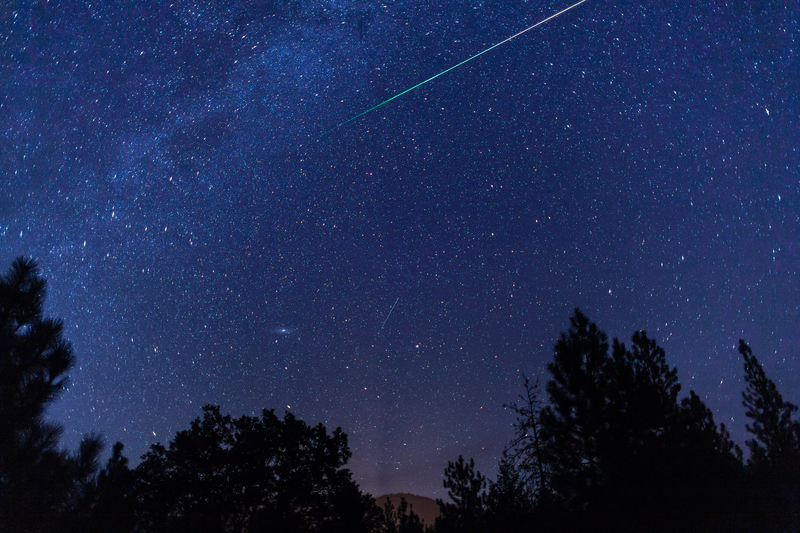Whale sharks are a real oddity. A really BIG oddity.
At well over 10 metres (33 feet), they're the largest species of one of the most impressive groups of hunters in the sea. (Sharks!) And yet, they are exceptionally gentle—they don't possess teeth, and can't even bite or chew. That's not very shark-y!
Because they are filter feeders—meaning they gulp large amounts of water and then filter, or snatch, food in that water—they are much like baleen whales. And yet, they are fish—NOT whales.
You could say that they are stuck between the worlds of whale and shark—so similar to each, while not quite like either of them. And now, a new study has revealed another way in which these mammoth fish belong in a category all their own.
They are omnivores, meaning they feed equally on plants and animals.
This comes from a brand new study out of the Australian Institute of Marine Science. In fact, foods like algae may be the most significant part of this giant fish's diet!
Carnivore, herbivore, or omnivore?
On land, the largest animals, like elephants, have always been herbivores. Scientists thought that sea giants, like whales and whale sharks, were different. (Getty Embed)
For fish, being an omnivore is not strange. For example, many of the fish that we have in our home aquariums—the same ones that live in coral reefs—are just as happy eating algae and seagrasses as they are smaller fishes, zoo plankton, or tiny shrimp.
But once you start getting to the bigger fish and marine mammals, the majority of them are carnivores. From tuna and salmon to dolphins and sharks, these ocean animals feed on other animals to survive. Though this is different to how land animals work, where the biggest ones are all plant eaters, it was assumed that even huge 'grazers' like whales were essentially carnivores, too.
Australian Institute of Marine Science (AIMS) biologist Dr. Mark Meekan, who helped run the study, explained further:
“On land, all the biggest animals have always been herbivores,” he said on the AIMS website.
“In the sea, we always thought the animals that have gotten really big, like whales and whale sharks, were feeding one step up the food chain on shrimp-like animals [krill] and small fishes."
But instead, their research found that the whale sharks were relying mainly on algae, seaweed, and phytoplankton (plant plankton)—not so much shrimp and tiny fish.
Analyzing and comparing
A whale shark feeding off the Ningaloo Reef in Western Australia, where this study was conducted. (Getty Embed)
To reach this conclusion, the researchers had to analyze and compare all sorts of things. This included the stuff that could end up in a whale shark's huge mouth, such as algae and seaweeds, plus krill and other small animals found in their habitat. They also analyzed the fatty tissue of the sharks and even their poop.
What they were looking for is an understanding of how much their bodies used whatever it was that they swallowed.
After all, as filter feeders, whale sharks ingest a lot of different stuff. Imagine just randomly casting a net into the ocean and you get the idea! But once in their stomachs, the body then decides what it needs the most to survive.
Case in point: though whale sharks swallow a lot of krill, they aren't really metabolizing them—or turning them into nutrients—that much. On the other hand, their tissues and poop show that they gained a lot from food like seaweed, phytoplankton, and even the algae stuck to the bodies of animals like krill.
In short, they have gone from being a sort of grazing carnivore to the largest known omnivore in the world. “The vision we have of whale sharks ... just feast[ing] on these little krill is only half the story," says Dr. Meekan. "They’re actually out there eating a fair amount of algae, too.”
And that might not be all the knowledge that is gained from this study.
After all, since baleen whales all feed in similar way to whale sharks, maybe their bodies make use of plants as well? It just goes to show how there still is to learn about the animals in sea. Even the ones that we think we know pretty well!
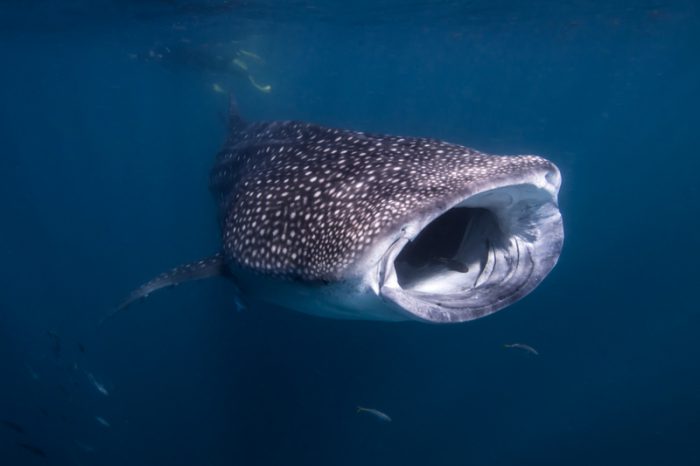 Open wide! Whale sharks have always been big eaters. But what are they really eating? (ID 118208887 © Seanothon | Dreamstime.com)
Open wide! Whale sharks have always been big eaters. But what are they really eating? (ID 118208887 © Seanothon | Dreamstime.com)
